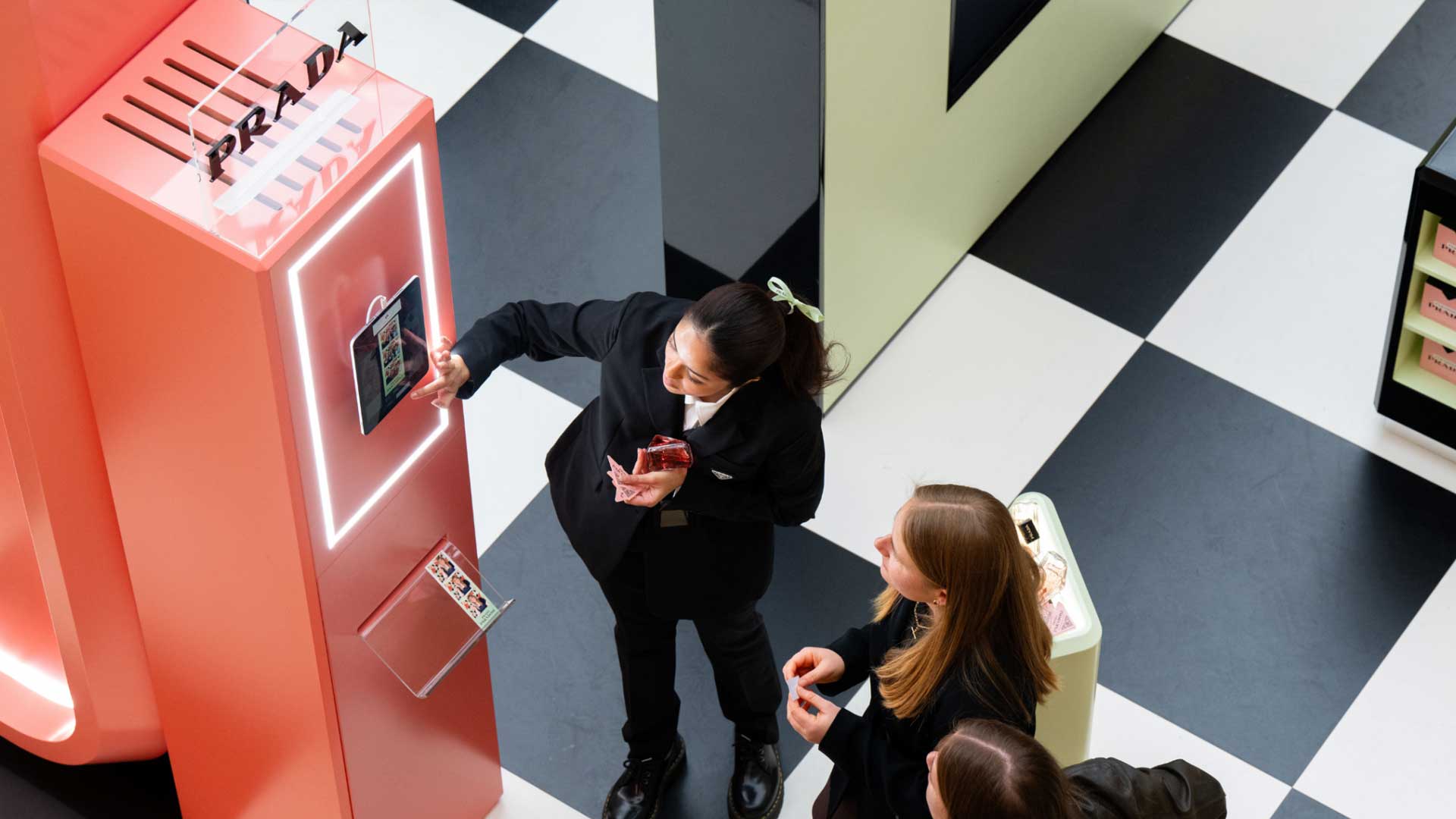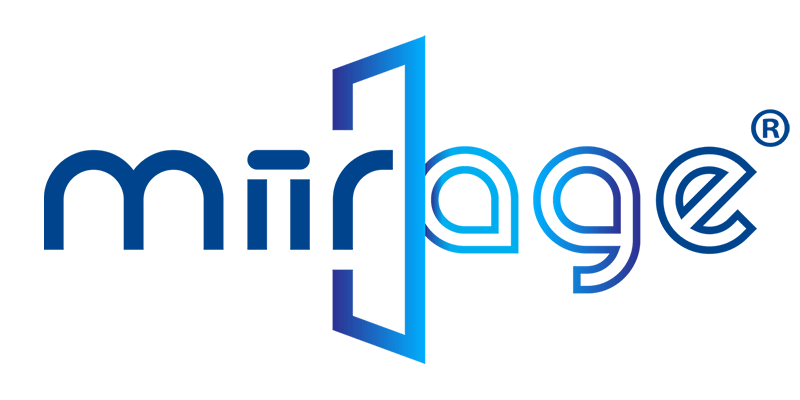OOH 2.0: The Rise of Immersive Advertising in Public Spaces

For more than a century, out-of-home (OOH) advertising has defined the look of our cities. Billboards, posters, and transit ads have shaped culture, sold products, and created some of the most iconic campaigns of all time. But in 2025, static signs and even standard digital screens are no longer enough.
Consumers live in a world of infinite feeds and constant distraction. If OOH is going to thrive in the attention economy, it needs to do more than stand tall, it needs to stand out. Enter immersive advertising powered by holograms.
From Billboards to Experiences
Traditional OOH worked by scale: big signs in big places. Digital OOH added motion and real-time updates. But the next phase, OOH 2.0, is about experience. The goal isn’t just to be seen; it’s to be remembered.
That’s why advertisers are leaning into interactive activations, experiential events, and now, holographic displays. Unlike flat digital screens, holograms feel alive, breaking the boundary between viewer and message.
In public spaces, that difference is profound. A billboard blends into the skyline; a hologram interrupts it.
Why Immersion Wins
The psychology is simple: the more senses you engage, the stronger the memory. Holograms create a sense of depth and realism that stops people in their tracks. They spark curiosity, invite selfies, and turn ads into social content. In a crowded environment like a shopping mall or airport terminal, that’s invaluable.
For advertisers, this translates into:
- Higher engagement — Passersby don’t just glance, they linger.
- Organic amplification — Spectacular visuals are shared online, extending campaign reach.
- Premium positioning — Immersive activations elevate brand perception instantly.
OOH in Motion: Real-World Applications
Picture a holographic sneaker floating above a sports shop, a life-size avatar guiding travelers through an airport, or a holographic car launch outside a stadium. These aren’t prototypes, they’re the new reality of OOH.
And the effect isn’t subtle. Brands that adopt holographic OOH early aren’t just advertising; they’re redefining what advertising looks like.
Miirage: Pioneering OOH 2.0
At Miirage, we’re building holographic displays that unlock this new wave of public-space storytelling. Lightweight, scalable, and designed for high-footfall environments, our technology gives OOH partners and advertisers a tool that turns impressions into experiences.
It’s OOH built for an era where attention is scarce and only the extraordinary gets remembered.
The City as a Stage
OOH has always shaped the character of public spaces. Now, with immersive formats like holograms, cities themselves are becoming living, breathing stages for brands. The advertisers who embrace this shift aren’t just renting space, they’re creating spectacle.
OOH 2.0 isn’t coming. It’s here. And it’s holographic.
Further Reading
- AI Transforms DOOH: From Billboards to Big Data (StackAdapt)
- Interactive Out‑Of‑Home Advertising: The Future of Public Brand Engagement (LOOOK.ai)
- The Evolution and Future of Interactive OOH Advertising (Grand Visual)
- Mobile Billboards in the Age of AI (OOH Today)
- AI Is Having Its Moment in OOH Advertising (Artlist Blog)
